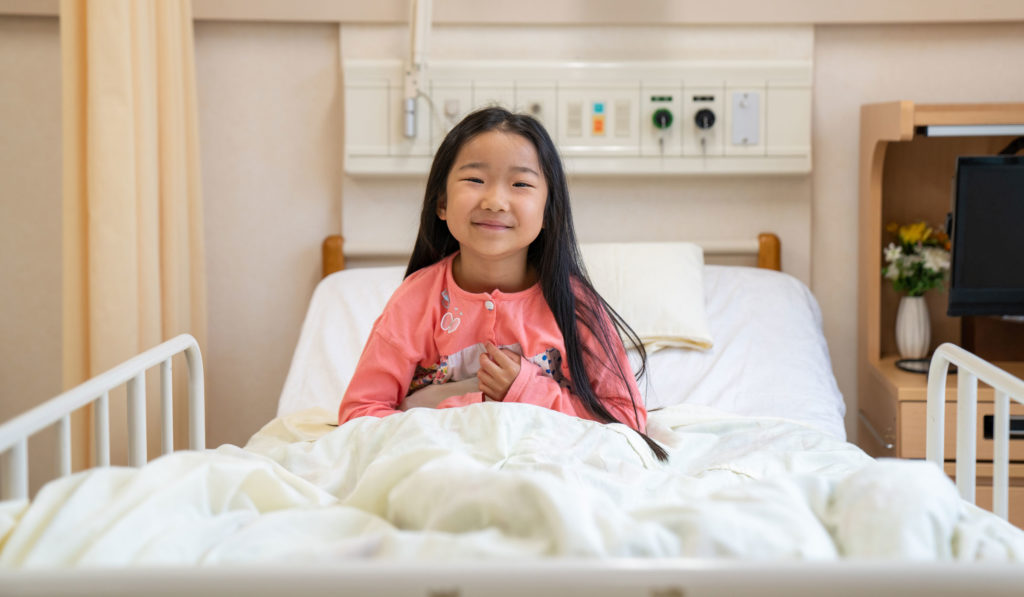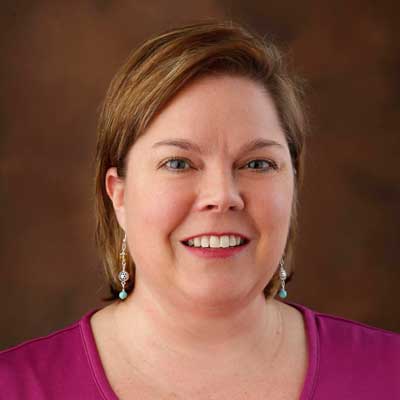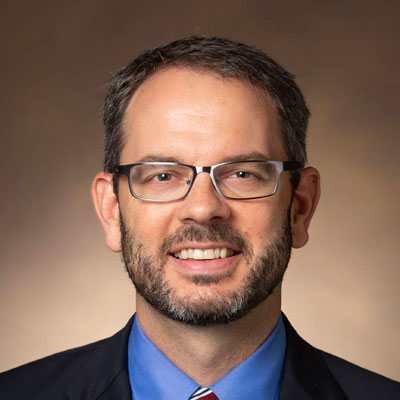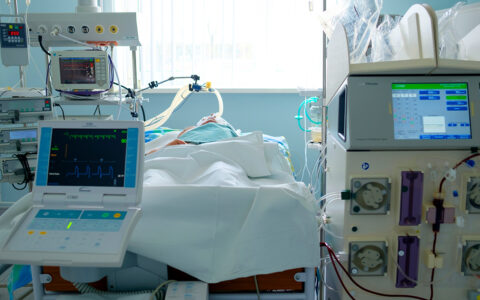A busy surgical load can make it tough, if not impossible, to manage a concurrent research program. The Surgical Outcomes Center for Kids (SOCKs) at Monroe Carell Jr. Children’s Hospital at Vanderbilt addresses this challenge by providing surgeon-scientists with a readily accessible research infrastructure – without drawing on OR time.
“Sometimes what’s holding up a research idea is more than time,” said Chevis Shannon, Dr.PH., research professor in the Department of Neurosurgery and Pediatrics and director of SOCKs. “With SOCKs, we can offer our faculty comprehensive support for the implementation, facilitation and dissemination of clinical research.”
“SOCKs allows our surgeons to continue caring for patients on a day-to-day basis knowing that their research agenda is moving forward,” said Jay Wellons, M.D., chief of pediatric neurosurgery and medical director of SOCKs. “The SOCKs team helps to shape the clinical research questions, often widening everyone’s perspective and ‘leveling up’ the work. The research improves in a major way.”
“SOCKs allows our surgeons to continue caring for patients on a day-to-day basis knowing that their research agenda is moving forward.”
The SOCKs Concept
The SOCKs program was originally conceived in 2015 by Vanderbilt’s Section of Surgical Sciences to support Children’s Hospital surgeons. Pediatric surgical specialists outside the section including urology and ENT wanted to participate and were willing to provide resources to support the program, Shannon said.
This collaboration has created an infrastructure unique to Vanderbilt. Each discipline has a dedicated manager who “embeds” in the physicians’ daily clinical activities to flesh out research hypotheses and help evaluate short- and long-term health outcomes in patients. The manager benefits from the collective institutional experience of the group and is cross-trained in relevant study areas.
Supporting Research at Every Step
When a surgeon has a clinical research idea, the SOCKs team can help gather appropriate information to craft a formal study. “We’ll dial into their goals and research interests, go to case conferences, the OR, clinic, do rounds, morning report, read reports,” Shannon said.
Pre-research services include everything from research consults and initiation of an investigator-specific research agenda to literature reviews, hypothesis generation and protocol development. The team provides the surgeon with comprehensive recommendations and presents timelines based on upcoming deadlines (abstracts, publications, grants). As the research progresses, surgeons have access to a comprehensive array of tools and resources.
“We’re not just a shop where people come in and do data collection,” Shannon said. “We provide support at every step from minimal publication submission to extension set-up of multi-institutional networks.”
At any given time, the SOCKs team can be managing over 100 research projects across surgical specialties – “a phenomenal number of studies in progress continuously,” said John W. Brock III, M.D., senior vice president of pediatric surgical services and surgeon-in-chief, emeritus, at Children’s Hospital. “Many of these studies are multi-institutional.”
“We’re not just a shop where people come in and do data collection. We provide support at every step.”
Developing Clinician Scientists
Shannon says a key to SOCKs’ success is the role played by medical trainees. “We have a nice collaborative with Vanderbilt School of Medicine. Our med students, residents and fellows allow us to produce a lot more, and they’re learning skills they will take to next level.”
Trainees spend a minimum of four to five hours per week working on research projects and studies. Shannon has developed a formalized curriculum and each project ends with a product, which provides the student with authorship credentials.
The competitive SOCKs Summer Institute Program hosts trainees from across the country who spend eight to 10 weeks working on a project. This year, SOCKs began a “Year Out” program, where students from other medical schools can spend an entire year doing research.






